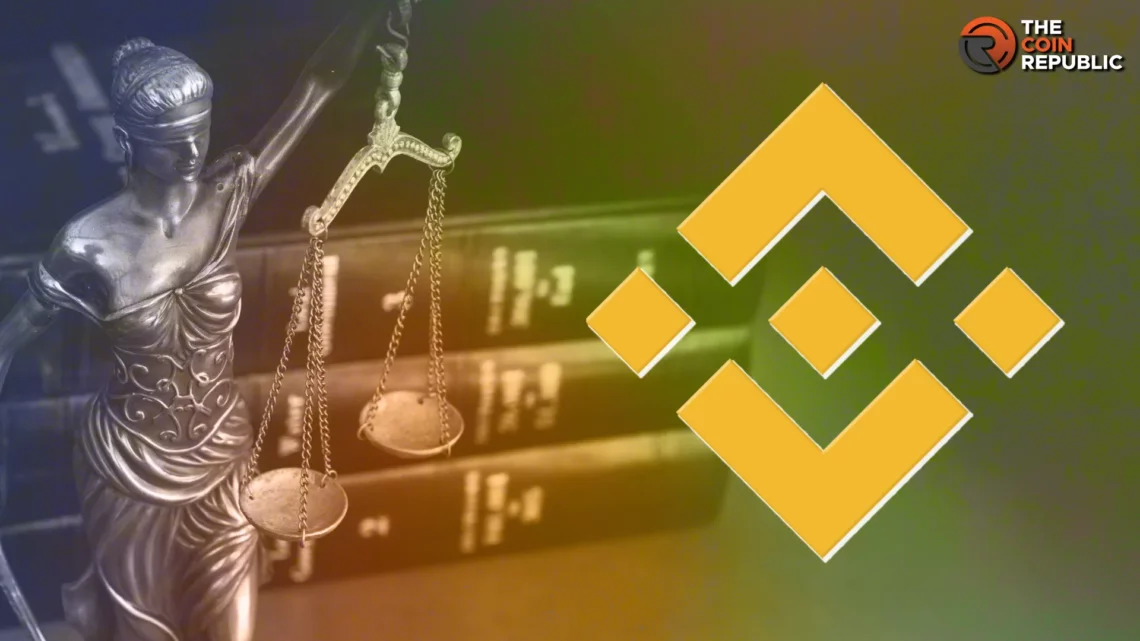The 2nd Circuit Court has reopened the lawsuit against Binance Exchange, giving investors a chance to claim their losses.
The Second Circuit Court of Appeals in Manhattan has given investors a chance to pursue their case against Binance, the cryptocurrency exchange. The case was about investors claiming that Binance had violated U.S. securities laws by selling unregistered tokens, resulting in significant losses for investors.
Crypto investors initiated this case in April 2020. The lawsuit was centered on the allegation that they had purchased securities from Binance, including various ERC-20 tokens. The court categorizes token purchases in the U.S. under U.S. securities laws, as they can not be cancelled once bought. Binance disagreed with the allegations and said that these claims fall outside U.S. jurisdiction.
A lower level of the court dismissed the case, but this decision has now been reversed.
The lawsuit was focused on the seven tokens, including ELF, EOS, FUN, ICX, OMG, QSP, and TRX. These tokens were bought on Binance from 2017 onwards, leading to a drop in value.
Judge Andrew Carter of the Southern District of New York has given the earlier proceedings, but the appellate court has now challenged this decision. He also stated that Binance could not qualify as a domestic exchange under the U.S. federal securities laws due to its lack of substantial ties within the U.S.
Investors getting a second chance in the Binance lawsuit
The appealing court found that plaintiffs had plausibly alleged that the transactions in question were completed on US-based servers. It also emphasized that the plaintiffs accessed Binance’s services from within the country.
This finding addresses the critical issue of transactions involving digital assets, alleged to be securities. It can be considered a domestic transaction subject to U.S. federal securities laws.
The court revisited the issue of the statute of limitations. It clarified that the limitations started when the plaintiffs purchased the tokens within a year of filing the lawsuit. It highlights the timing of legal actions in the context of digital asset transactions.
Steps ahead for the lawsuit
The decision to revitalize the lawsuit does not conclude that the tokens involved are securities. In contrast, it allows the case to return to the district court, where both parties can present arguments regarding the nature of these digital assets. It will be crucial in determining the applicability of federal securities laws to the tokens in question.
Binance also has the choice to appeal the decision to the U.S. Supreme Court. However, the exchange has not yet responded to requests for comment. All the outcomes of the potential appeal or the subsequent proceedings at the district court level need to be closely observed.
It could have far-reaching implications for the regulatory space of digital assets in the United States. The lawsuit’s updates underscore the evolving nature of legal and regulatory challenges in the cryptocurrency landscape. It also points towards the judiciary’s role in clarifying the application of existing laws to new forms of digital transactions.
As the case proceeds, it will likely add to the ongoing dialogue about the regulation of cryptocurrencies and digital assets.

Nancy J. Allen is a crypto enthusiast, with a major in macroeconomics and minor in business statistics. She believes that cryptocurrencies inspire people to be their own banks, and step aside from traditional monetary exchange systems. She is also intrigued by blockchain technology and its functioning. She frequently researches, and posts content on the top altcoins, their theoretical working principles and technical price predictions.


 Home
Home News
News










